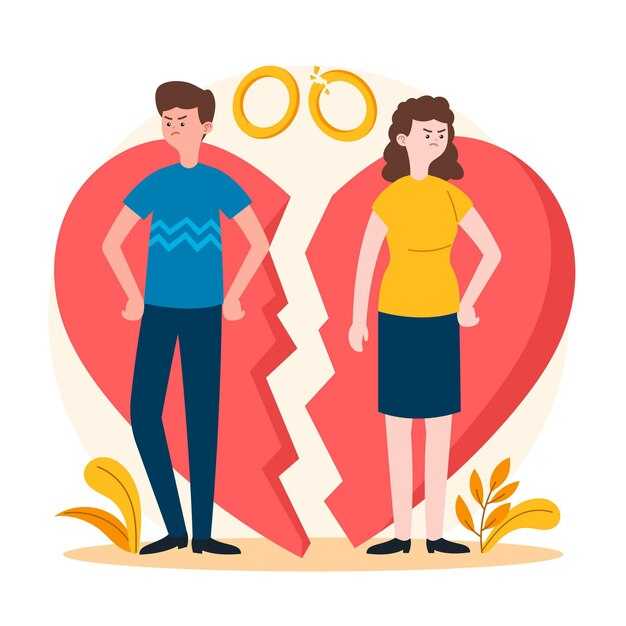Remember that deceiving your partner, whatever the reason, wounds them and undermines the foundation of trust in the relationship. You might tell yourself you’re sparing them pain by keeping quiet, avoiding an argument, shielding yourself from shame or criticism, or trying to escape the consequences of something you regret — but none of those motives make lying acceptable. Trust is the backbone of any partnership; when one person lies, conceals facts, or withholds information they know the other would want to hear, the partnership no longer functions as such. Once you take it upon yourself to decide what your partner “deserves” to know, you have taken away their right to be part of that decision. A common defense is to label the other person as controlling — that they overreact, assume the worst, or make accusations that feel unjust. That may be true, and it’s understandable that you want to avoid unnecessary conflict. Still, two wrongs don’t cancel each other out. Hiding things to dodge a fight only makes matters worse, because discovery usually breeds far more anger than an honest admission would have, and it validates the very fears or suspicions your partner had. In the end, their anxiety or controlling responses get reinforced: they were right to doubt, because something was hidden. Claiming to love someone while knowingly deceiving them is contradictory — those realities cannot coexist. Lies, even about seemingly trivial matters, cut as deeply as major betrayals because they chip away at a person’s sense of worth and security. Small falsehoods make them question whether they are important enough to be told the truth, whether they deserve basic decency and transparency. The answer should be yes: everyone in a committed relationship is owed trust, respect, and the confidence that their partner has their best interests at heart and speaks honestly. Lying creates profound uncertainty and emotional pain; it leaves partners feeling unsafe and bewildered. Often, the anger isn’t merely about what was done but about the conscious choice to conceal it. If this pattern sounds familiar, stop the cycle. Identify why you lie and address those underlying issues. Practice having difficult conversations, learn to set healthy boundaries, acknowledge and validate their hurt, accept responsibility for your actions, and cultivate genuine apologies. Without trust, the relationship cannot heal — rebuilding it requires honest effort and accountability.
Common reasons people lie in relationships
- Fear of conflict or rejection — avoiding difficult conversations to spare immediate discomfort.
- Shame or guilt — hiding behaviors that cause embarrassment or self-loathing.
- Protecting the partner — believing the truth will unnecessarily hurt them.
- Low self-esteem — lying to appear better, more successful, or more desirable.
- Avoidance and impulsivity — choosing short-term relief over long-term honesty.
- Power and control — withholding information to influence the other’s perception or choices.
- Habitual or pathological lying — a pattern that may signal deeper psychological issues.
How to respond when you discover a lie

- Pause and regulate: take time to calm down before reacting. Immediate anger often escalates conflict and blocks clarity.
- Gather the facts: know what you’ve learned, what you’re sure of, and what remains unknown.
- Set a boundary for discussion: say when you’re ready to talk and what you need (honesty, space, safety).
- Ask for explanation, not excuses: invite the person to explain why they lied and listen with the intent to understand, not to attack.
- Express your experience using “I” statements: e.g., “I feel hurt and unsafe because I learned X,” rather than accusatory statements that provoke defensiveness.
- Decide immediate next steps: whether you need temporary space, proof of transparency, professional help, or safety planning.
Practical steps to rebuild trust
- Full and ongoing honesty: the person who lied must commit to consistent honesty, including answering difficult questions.
- Accountability measures: agree on concrete behaviors (check-ins, open calendar sharing, or whatever both partners consent to) that demonstrate change.
- Consistent behavior over time: trust is rebuilt through repeated small acts that match words.
- Repair rituals: apologies that include acknowledgment of harm, regret, concrete amends, and change in behavior.
- Professional support: couples therapy can provide structure, safety, and guidance for rebuilding trust.
- Patience and realistic timelines: healing takes time; expect setbacks and keep focus on steady progress rather than instant fixes.
For the person who lied — how to change
- Own it fully: stop minimizing, blaming, or rationalizing the lie. Accept the emotional consequences your partner is feeling.
- Explain the why, not to excuse but to illuminate the pattern: share the fears, habits, or needs that led to the choice.
- Create a concrete action plan: identify triggers, develop alternative coping strategies, and set specific steps to be transparent.
- Seek individual help if needed: therapy, addiction treatment, or support groups can address underlying issues driving dishonesty.
- Follow through: demonstrate reliability by keeping promises, being reachable, and showing consistent openness.
Red flags and when to consider leaving
- Repeated, serious deception after clear agreements and opportunities to change.
- Refusal to accept responsibility, gaslighting, or blaming you for their choices.
- Deceptions that threaten your safety or financial security (e.g., hidden debts, infidelity that risks health or family stability).
- Ongoing emotional or physical abuse masked by lies — prioritize your safety and seek help.
- If attempts at repair fail and the relationship continues to erode your well-being, ending the relationship may be the healthiest option.
Conversation starters and repair language
- For admitting a lie: “I need to tell you something because I want to be honest. I lied about X. I’m sorry. Here’s why it happened and what I will do to make this right.”
- For responding to disclosure: “Thank you for telling me. I’m hurt and need time to process. I want to understand what led to this — can we talk about it when we’re both calm?”
- For requests for transparency: “I need clear steps from you that show you’re committed to honesty. Let’s agree on what that looks like.”
Risorse e passi successivi
Consider couple or individual therapy with a licensed clinician experienced in trust repair. Helpful books include Sue Johnson’s work on attachment and John Gottman’s research on relationship repair. If you feel unsafe or if the deception involves abuse, financial fraud, or health risks, prioritize safety planning and seek professional or legal help as needed.
Ultimately, honesty is a practice that requires courage, self-awareness, and the willingness to accept consequences. Both partners must participate in rebuilding trust: one by being genuinely accountable, the other by setting clear boundaries and deciding what they can realistically forgive. When both people commit to change and to honest, respectful communication, recovery is possible; when one person refuses to change, protecting your emotional safety becomes the priority.


 Why your Partner Lies to you.">
Why your Partner Lies to you.">

 Il perdono non salverà una Relazione">
Il perdono non salverà una Relazione">
 Una cultura dell'apprezzamento è essenziale nelle tue relazioni">
Una cultura dell'apprezzamento è essenziale nelle tue relazioni">
 Il tuo corpo ti sta avvertendo! — Il VERO motivo per cui ti senti così sopraffatto">
Il tuo corpo ti sta avvertendo! — Il VERO motivo per cui ti senti così sopraffatto">
 Come Impedire ai Genitori Narcisisti di Controllare la Tua Vita">
Come Impedire ai Genitori Narcisisti di Controllare la Tua Vita">

 How to tell if your Marriage will Fail.">
How to tell if your Marriage will Fail.">
 Quando un Evitante si comporta IN QUESTO modo, sono veramente fedeli sul serio">
Quando un Evitante si comporta IN QUESTO modo, sono veramente fedeli sul serio">
 What to Do When You Feel Like Running Away">
What to Do When You Feel Like Running Away">
 12 Segni Super Specifici Che La Tua Infanzia Era Estremamente Dannosa">
12 Segni Super Specifici Che La Tua Infanzia Era Estremamente Dannosa">
 Come comunicare senza farli sentire attaccati!">
Come comunicare senza farli sentire attaccati!">